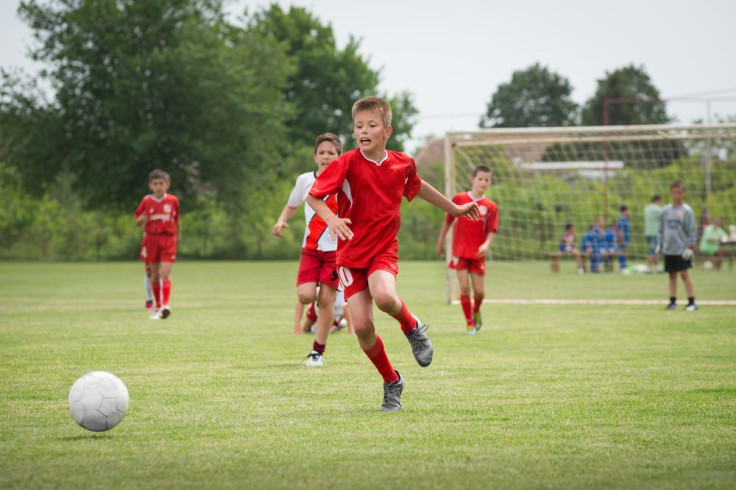New Study Finds That Children Who Exercise Get Better Grades In School

All work and no play will not only make Jack a dull boy, but will also negatively affect his grades in school, according to a new study published in the Journal of Pediatrics. The importance of physical fitness in the development of cognitive and memory skills have long been extoled by scientists. Cardiorespiratory capacity, muscular strength, and motor ability are components of physical fitness that have been known to improve mental health.
According to a study conducted by the University of North Texas, healthy heart and lungs are one of the most important factors for middle school students to make good grades in math and reading. “Cardiorespiratory fitness was the only factor that we consistently found to have an impact on both boys’ and girls’ grades on reading and math tests. This provides more evidence that schools need to re-examine any policies that have limited students’ involvement in physical education classes,” said study co-author Trent A. Petrie.
Researchers from the University of Illinois also found a connection between exercise and the size of the brain in 9 and 10- year-old children. MRI techniques showed that physically active children had bigger hippocampi as compared to their less active peers and did better in memory tests. Researchers also determined the different effects that cardiorespiratory capacity, muscular strength, and motor ability have on the brain and how they influence academic performance. "Because these physical fitness components are highly associated with each other, it is important to differentiate which physical fitness components are important in relation to academic performance," said Irene Esteban-Caornejo from the Autonomous University of Madrid in a press release.
The research involved analyzing records of 2,038 Spanish children and adolescents between the ages of 6 to 18 years. The data included complete records of physical fitness, body composition, and academic performance. Esteban- Cornejo and the UP & DOWN Study Group members found that cardiorespiratory capacity and motor ability profoundly affected academic performance both independently and combined. But better motor ability seemed to produce better academic benefits than cardiorespiratory capacity.
In contrast, children and adolescents who had both lower levels of cardiorespiratory capacity and motor ability had lower grades. Cardiorespiratory exercises include swimming, outdoor cycling, tennis, skipping, jogging, soccer, basketball etc while motor fitness exercises include agility exercises like ice-skating and skiing. Muscular strength was not independently associated with academic performance. "Having high levels of cardiorespiratory and motor fitness may, to some extent, reduce the risk of school failure," noted Esteban-Cornejo.
The authors stress the need to promote physical activities in schools that include aerobic exercises and motor tasks to enhance cardiorespiratory capacity and motor ability, thereby improving academic development.
Source: Esteban-Cornejo I, Tejero-González C, Martínez-Gómez D, et al. Independent and combined influence of the components of physical fitness on academic performance in youth. Journal of Pediatrics, 2014.



























